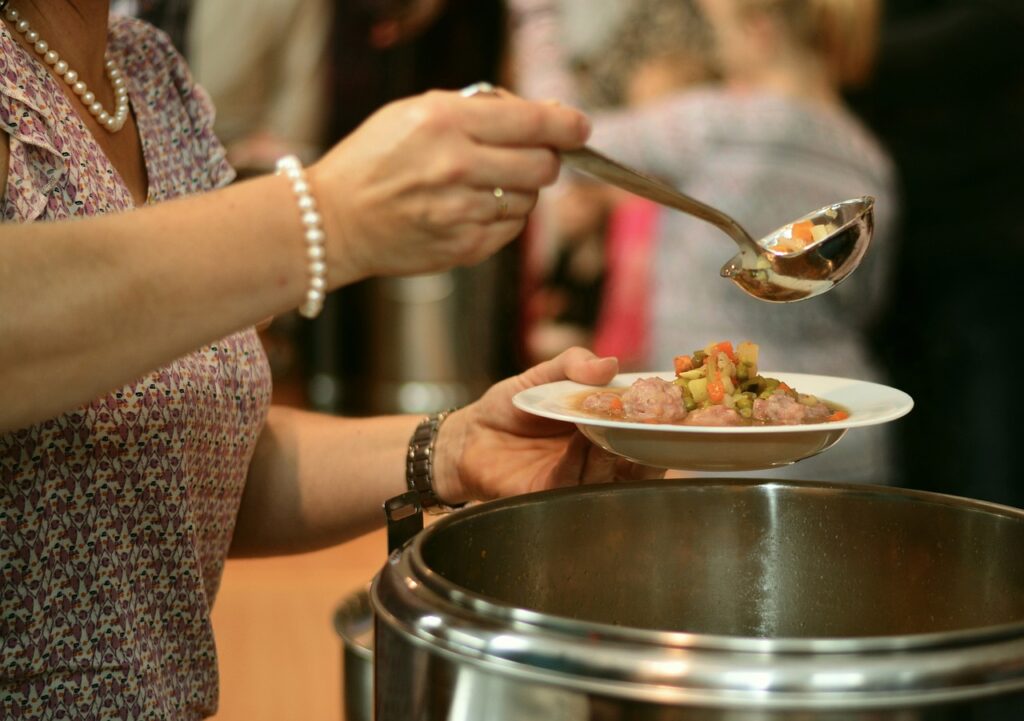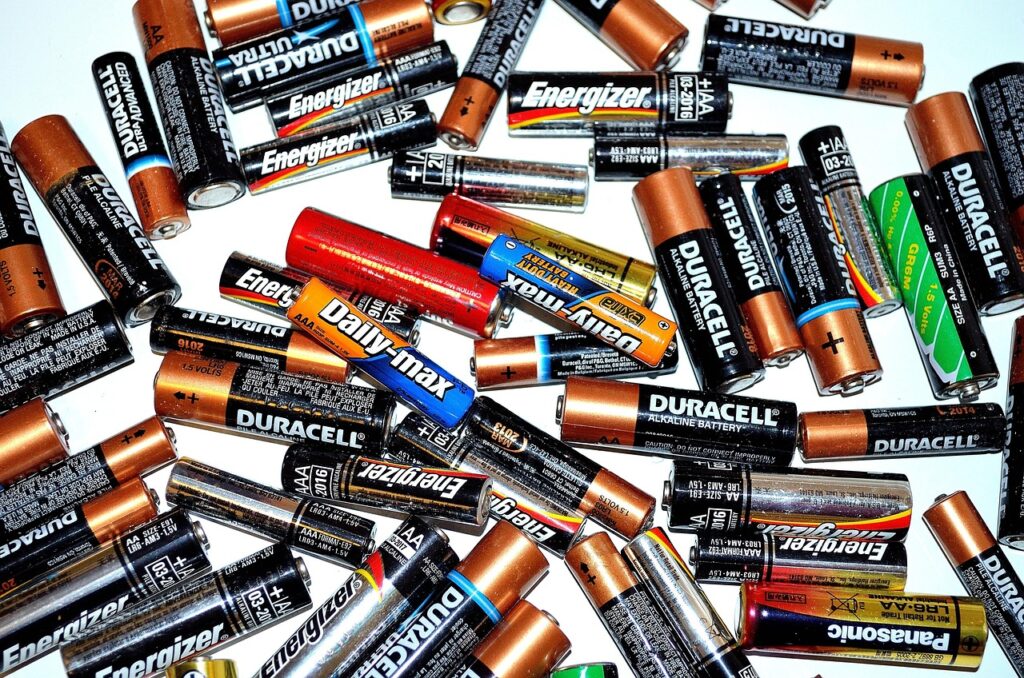Catholic Charities Diocese of Cleveland provided free Easter meals to thousands across Northeast Ohio, a region where poverty and food insecurity present significant challenges. With Cleveland’s poverty rate exceeding 30% and nearly one-fifth of county residents struggling to secure adequate nutrition, this service addressed crucial community needs.

The meals were distributed both through home delivery and in-person service at the Bishop William M. Cosgrove Center in downtown Cleveland. Approximately 300 volunteers participated in food preparation, packaging, and delivery efforts.
Jim Mullen, CEO and president of Catholic Charities Diocese of Cleveland, emphasized that the initiative serves purposes beyond basic nourishment. “We hope they get some sense that people care about them,” Mullen explained, noting holidays often intensify feelings of isolation for those without social connections.
This Easter meal program is one component of Catholic Charities’ year-round response to regional food insecurity, which disproportionately affects Black and Latino communities. Economic pressures, including low median incomes and rising food costs, have increased vulnerability for many households, particularly since pandemic-era assistance programs ended.
The Catholic Charities Diocese of Cleveland also provides other services including mental health counseling, substance use treatment, adoption and foster care, early childhood education, and disability support. They also offer emergency assistance with food, housing, and utilities, as well as employment services and programs for seniors, youth, and immigrant or refugee communities. The organization continuously seeks volunteers to support their ongoing efforts to assist vulnerable populations throughout Northeast Ohio.
